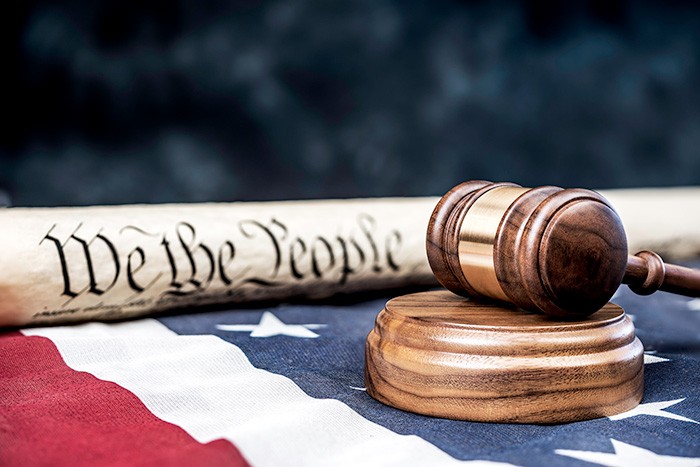When it comes to Denver Bail Bonds, defendants and their loved ones owe it to themselves to understand what a bond is and how the process works. In order to do so, a person should educate themselves, ask questions, and seek out answers on their own. This sometimes requires making phone calls to an attorney or a bail bondsman Denver, researching information online, or going to a public library to understand how bails work.

Essentially, bail is the money someone – an individual or a bail bondsman on a defendant’s behalf -- must pay to a court to get out of jail. If the defendant meets the terms of bail – returning to court or any other scheduled appointment – then the bail money is returned later.
Arapahoe County Bail Bonds work the same way as bonds in any other Colorado jurisdiction, but many defendants and their family may choose to work with a bail bondsman, rather than providing bail money directly on their own. A good question that defendants and their loved ones may ask is what factors influences how much the court will set bail at?
How Much Bail Bonds Cost
How much bail costs can be influenced by any of the following:
- The judge’s perception of the kind of person the defendant appears to be. If at arraignment – the first time the person appears before a judge – the defendant seems angry, belligerent, or doesn’t show remorse for the alleged crime or willing to accept responsibility for his or her actions, or has a violent history or lengthy criminal record, then the judge may set a higher bail.
- Personal habits and mental condition.
- Employment history and ties to the community. If the defendant isn’t regularly employed or doesn’t have family, friends, or other ties to the community, the judge may set a higher bail if the defendant is considered a “flight risk.”
- Criminal or juvenile record. A previous criminal record, including the types of crimes committed, directly influences how a judge sets bail.
- Whether the defendant has jumped bail in the past. This means the defendant has fled after bail has been set, with no intention of returning. In a case like this, the judge may have no alternative but to set a high bail – which the defendant may not be able to raise – or no bail at all. At this point, the defendant would be held in custody until his or her court case.
- In fixing the bail amount, the judge or magistrate will consider of the seriousness of the charges.
- Whether the public is at risk by letting the defendant out on bail. The judge or magistrate may also consider the safety of the victim ad witnesses when setting the bail amount.
There could be other factors that determine the cost of bail, which is at the complete discretion of the judge or magistrate presiding over the case. Because of this, there are two limitations a defendant needs to be aware of:
- Bail itself is not a form of punishment for the defendant, but rather can be looked upon as a form of insurance for the judicial system. If bail has been set, this in theory is an incentive for the accused to appear as scheduled at future court dates.
- Excessive bail, not supported by the circumstances or evidence, is improper and a violation of constitutional rights. Any defense attorney, private or provided by the court, will argue this point before court.
Finally, any bail amount must be within the minimum range amount that is believed to guarantee the defendant will return for future court appearances. Learn more about what will happen if you choice not to post bail